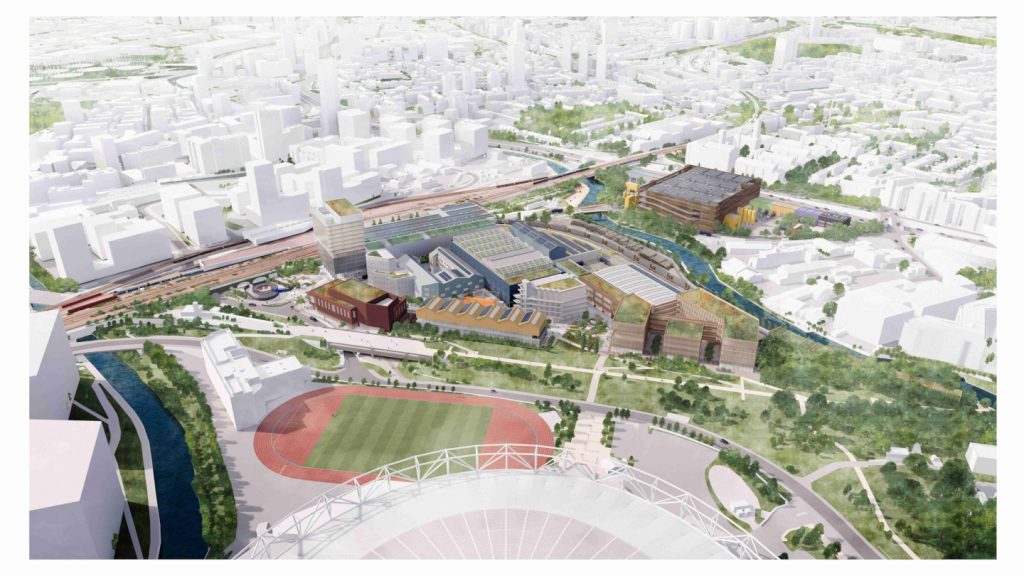The Science Based Targets initiative (SBTi) has validated and approved European architecture and engineering consultancy Sweco’s near-term emissions reduction targets.
These targets encompass the company's scope 1, 2, and 3 emissions and align with the UN Paris Agreement's objectives to mitigate climate change.
The consultancy has pledged to cut absolute scope 1 and 2 greenhouse gas (GHG) emissions by 90% and scope 3 GHG emissions by 30% by 2030, using 2020 as the base year.
It has committed to these science-based targets as a critical component of its decarbonisation strategy, supporting the transition to a low-carbon society.
Sweco president and CEO Åsa Bergman said: “As architects and engineers, we are uniquely positioned to influence and design sustainable solutions that meet the challenges of climate change and the SBTi validation is a clear signal for our clients and suppliers to join us in transforming society together.”
In 2023, Sweco's climate footprint was 66,449 tonnes (t) of carbon dioxide equivalent (CO₂e), achieving a 25% and 36% reduction in scope 1 and 2 emissions, respectively, since 2020.
Despite an 18% rise in scope 3 emissions that year due to increased business activities, the company's overall emissions grew by just 2%.
Sweco aims to target significant cuts in emissions from purchased goods, capital goods, and business travel, as approved by the SBTi.
The company’s long-term vision extends to reaching climate neutrality across its value chain by 2040.
These sustainability efforts are structured around three main perspectives: acting sustainably within its own operations, delivering client projects that foster sustainable development, and enhancing sustainability performance in client projects.
In line with its sustainability goals, Sweco has partnered with Helen, a Finnish energy company, to build a green hydrogen facility in Helsinki, contributing to Finland's target of carbon neutrality by 2035.












